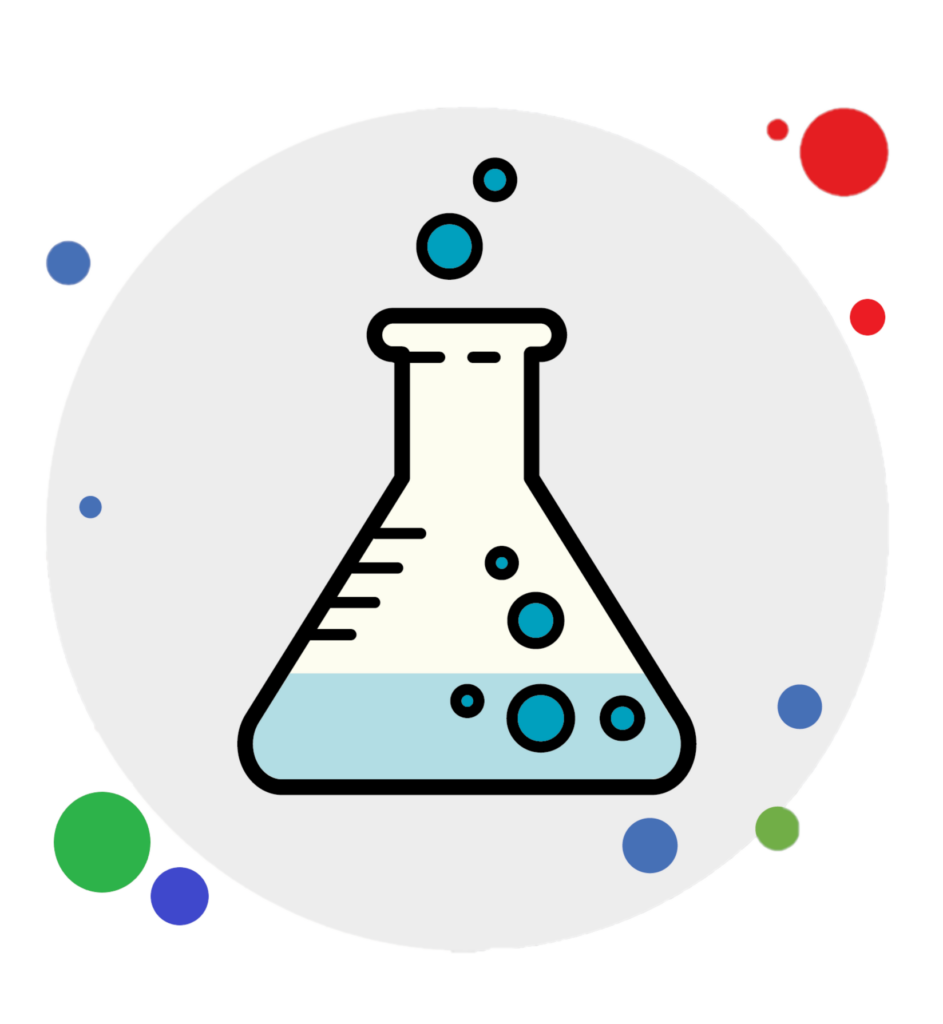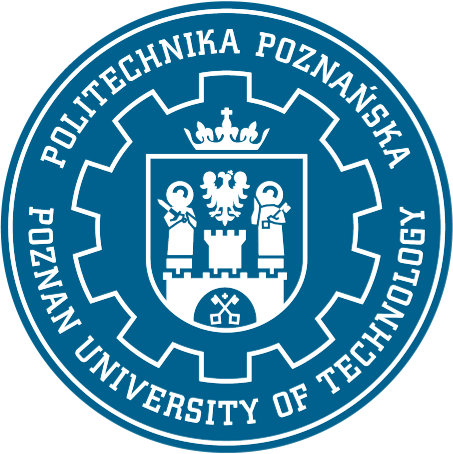DESIBIOCAT
Project title: Designing of peroxidases-based biocatalytic system for a bio-mitigation of emerging contaminants
Project No. 2020/37/K/ST8/03805
Project leader: dr Muhammad Bilal (PUT)
Project description:
An alarming number of various types of organic pollutants, including pharmaceuticals, pesticides, dyes, heavy metals, and personal care products are increasingly being detected in our water systems due to natural or anthropogenic activities. These “pollutants of emerging concern” arise from domestic as well as industrial discharge, but unfortunately, most of the pollutants are not removed during the present-day wastewater treatment plants. The presence of all these contaminants in industrial wastewater undesirably compromise the quality of water and manifests a serious menace to human beings and aquatic organisms. This issue is inescapably increased because of the lack of efficient technologies for the proper disposal, management, and recycling of waste. It has become meaningful to track alternative technology that is essentially smart, greener, and environmentally competent. Conventional remediation techniques are either inefficient, cumbersome, or restricted due to certain techno-economic limitations. Enzyme remediation, being an environmentally friendly and sustainable method, holds a promising role to mitigate any kinds of contaminating agents in the environment, in a specific, easy to monitor, and highly controllable manner. Peroxidases are among the most widely investigated class of enzymes. Enzyme-based biocatalytic processes offer many advantages such as low energy input, non-toxicity, ability to operate under mild aqueous conditions, reduced amount of sludge generation, and can be applied over a wide range of pollutants. Moreover, enzyme-aided biotransformation significantly reduces or eliminates the formation of hazardous by-products than that to chemical and microbial remediation. However, free enzymes suffer due to their low stability and reusability that limit their application. Thus, in the presented project proposal, the main research objectives are to design immobilized peroxidases-based robust bio-catalytic systems using two different immobilizing supports (chitosan-based renewable/sustainable support) as well as novel ‘metal-organic frameworks’ (MOFs), and their exploitation to degrade a diverse set of emerging pollutants. Different immobilization techniques i.e. adsorption, entrapment/encapsulation, and covalent binding will be applied to constitute bio-catalytic systems with the maximum possible bio-catalytic performance and functional stability. In addition, the effect of key processing parameters on the bio-catalytic properties of the immobilized bio- and nano-bio-catalysts will be inspected in detail for developing an optimized immobilization system with best properties, which will be exploited for bioremediation purpose. Finally, the ideal processing conditions will be then utilized in an immobilized peroxidases-based bio-catalytic reactor for real-time monitoring and the continuous or semi-continuous enzymatic treatment of ECs and ECs-mediated polluted solutions (water matrices). Furthermore, sophisticated methodologies and state-of-art instruments will also be used to scrutinize biotransformation of emerging compounds to demonstrate the efficacy, intermediate products of bio-catalytic conversion, and possible reaction mechanisms by the immobilized enzymes. Based on the extensive data obtained, a novel enzyme immobilization approach will be devised for the effective removal and elimination of various kinds of emerging compounds in enzymatic bioreactors from model and real water samples. The proposed research project is interdisciplinary and the obtained data would meaningfully enrich the cutting-edge knowledge in the field of applied biology, material science, biotechnology, process engineering, and environmental protection by providing information on the development of new immobilization supports for peroxidases and mitigation of emerging contaminants. The design and development of novel bio-catalytic systems with superior bio-catalytic performance and high operational stability is of paramount significance for the efficient removal of emerging contaminants. It will not only provide the development of greener and proficient strategies for the biodegradation of hazardous environmental contaminants but might also have the potential to become an important futuristic approach for numerous other applications. Moreover, the intended project will outcome with several research articles and/or patents in peer-reviewed high-impacted internationally well-recognized journals.




